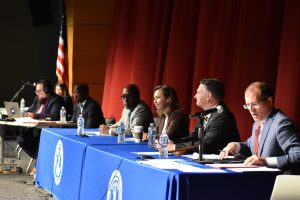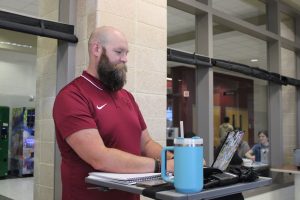Building A Better Education System: How Build Back Better Aims to Affect Schools
Build Back Better was first proposed when President Joe Biden was still on the election trail, spreading his ideas to rebuild the country. Nearly one year into his presidency, Biden’s plan was passed by the House of Representatives on Nov. 19. It aims to reform the education system, economy, and climate change, but has yet to be signed into law. Within the nation’s school systems, this bill looks to transform access to quality education for students.
Build Back Better legislation targets areas including revolutionizing the education system to improve the quality and access to education, while also providing a more holistic educational experience.
March 1, 2022
On March 1 at 9 p.m. ET, Biden will address the nation for his annual State of the Union speech where he will provide updates on the progress of the Build Back Better bill. According to Reuters, Biden will debut a “four point economic plan,” which will focus on the same ideas of Build Back Better, including lowering costs for families.
On Nov. 19, 2021, Build Back Better, a climate and social spending legislation, was passed by the House of Representatives. Introduced by President Joe Biden on the campaign trail as an “economic recovery plan for working families,” the framework is sponsored by Rep. John Yarmuth (D-KY 3rd District) and supporters hope for it to be passed by the Senate by early spring.
The Build Back Better legislation is comprehensive and includes plans to revolutionize caregiving for both children and seniors in the country, fight climate change and inaccessible healthcare access, lower costs of education and housing, and better the immigration process. In regards to education, Build Back Better hopes to improve access to both pre-K and post-high school education, increase the quality of education, and create more nutritious school meals.
Education is Only Thousands of Dollars Away
A major component of the framework is improving the education system through providing easy access to education and improving its quality. For example, according to a senior fellow at Brookings Institute, Grover Whitehurst, parents spent an average of $7,053 on preschool costs for their four-year-old children in 2016. Build Back Better will lift this weight off families’ shoulders by eliminating the cost associated with pre-K education for all three and four-year-olds, benefitting six million children yearly.
For college and university students, the expansion of the Pell Grant — a government-funded program that provides need-based financial aid — is an investment to increase the graduation and retention rate at colleges. Historically, the grant has decreased in effectiveness, with it covering only about 29% of a four year college’s tuition as of 2017, according to New America; the grant and other similar government programs have yet to address the institutionalized accessibility gap. Biden plans to extend the Pell Grant by increasing the maximum grant by “$550 to $7,045 for the next three academic years.”
At Rock Ridge, more than 80% of the 2022 senior class applied to at least one college and a portion of them fall in the category of underprivileged or eligible for financial aid. While government funding programs like FAFSA allow for students to become eligible for student loans and also how much of the loan they will need to pay back, many students continue to suffer the financial burden of college education.
Career Center Specialist Mary Barnes says that while guiding students through the admissions process, the tuition of various schools greatly impacts students’ decisions on which schools to apply to.
Students also said they feel the burden of college tuition which limits their opportunities. “I feel like it’s a big impact because there’s a lot of people’s minds and a great potential, however their financial needs might make them feel insecure,” senior Shalom Williams said.
Not Enough Teachers
Along with the lack of access to education, many schools are short staffed, an issue that Loudoun County Public Schools knows too well. This has not only sacrificed the quality of education that students receive, but also threatened the continuity of in-person learning.
A lack of substitute teachers prompted the School Board to change Nov. 3 and 5, 2021 to virtual, asynchronous learning days and planning days for teachers. More recently, this issue has been amplified by an increasing number of teachers testing positive for COVID-19, and without the proper amount of staff, LCPS may not be able to continue in-person instruction.
In an effort to combat this issue, LCPS has implemented policies to incentivize individuals to take more shifts as substitute teachers. For example, substitutes that teach for more than 25 days in a school year will qualify for “loyalty pay,” of $133.37 per day which is a little more than a $20 increase from the regular pay. Additionally, substitutes that work on “high volume days” will receive an increased rate at $169.12 per day for “regular substitutes” and $231 per day for “site-based or long-term” substitutes.
Furthermore, over the past few years, teachers have been retiring and finding new jobs at a rapid pace and less and less college students are taking up education as their future career path, with the amount of students in teacher training programs decreasing 33% since 2010. English teacher Jessica Berg said that teachers have undergone many struggles and hardships throughout the past few years, making it difficult for them to continue. “There have been a lot of issues [in teaching] that have been bubbling under the surface and COVID-19 just brought them to head, [including the] lack of support, the lack of pay, and the lack of resources,” Berg said.
Berg doesn’t blame teachers for quitting and college students for not wanting to become a teacher. She says that teachers are the cornerstone of education, and it’s unfortunate that there are less and less. “It’s disheartening, because I think education is so important and we need good teachers, but I cannot blame anyone for not wanting to get into [teaching].”
Build Back Better aims to spearhead this issue through creating upwards of one million “good-paying” jobs in the country and providing funds to the schools with the most need.
Healthy Food, Healthy Brain
In an effort to improve the overall quality and experience of students in school, the Biden administration is also set on expanding the access and nutritional value of school lunches. The bill will designate $30 million for schools to purchase new equipment to aid in their efforts to offer healthier meals through scratch cooking, which is school districts cooking their own meals and incorporating fresh, whole ingredients, while also improving overall safety. In addition, the legislation will also offer $250 million in competitive grants, or merit-based grants, to reduce the amount of “less healthy food” offered by improving the nutritional value of meals and snacks offered.
In LCPS, an effort to expand access to free school meals has already been implemented. At the beginning of the 2021-2022 school year, a new initiative was launched that allowed students to receive free food three times a day — one free breakfast, lunch, and snack. Sophomore Sahib Chhabria said that school lunches being free is his main motivating factor in purchasing it. “[The lunch being free] is the only reason I buy it,” Chhabria said.
School Nutrition Services Manager Sherri Foster-Craft said that food plays a great role in students’ educational experience. “Your body needs fuel, and your fuel is food,” Foster Craft said.
This new policy was enacted to alleviate financial concerns that LCPS parents may have felt as a result of the pandemic, and although it has provided all students with free meals, it has not addressed or improved the quality of the food apart from lacking access to a select few specific items.
Because of supply chain issues due to the COVID-19 pandemic, the school cafeteria has been further limited in their options for scratch cooking due to the lack of variety in the ingredients they are provided by the suppliers. According to Foster-Craft, the cafeteria has not received fresh vegetables that they used to, such as grape tomatoes and onions — a challenge that has prevented them from serving the food they want, also decreasing the variety of options available for students with dietary restrictions.
Build Back Better aims to revolutionize the education system for both students and teachers to provide a more equitable educational experience for all students. The bill is currently being debated in the U.S. Senate and has yet to be passed. While conservative Democrats including Krysten Sinema and Joe Manchin are pushing back against Biden’s agenda, supporting Democrats hope to pass the bill by early spring.
Regardless of the bill passed, Biden has repetitively stated that his goal is simple: “fundamentally change the lives of millions of people for the better.”

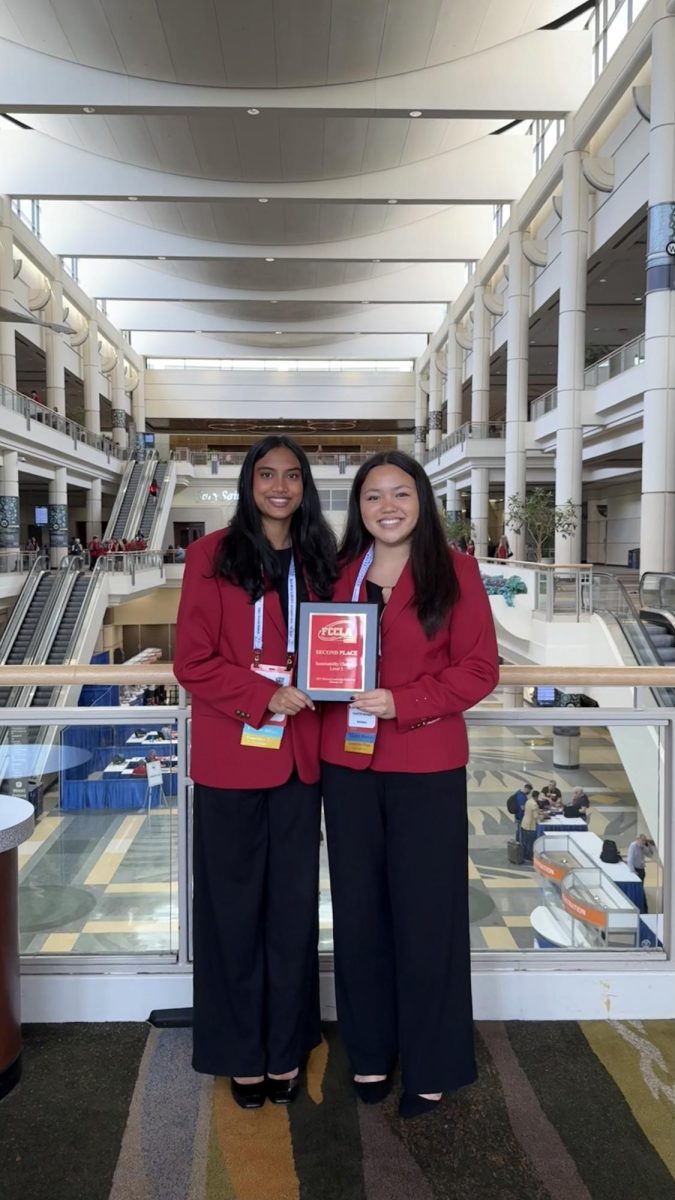



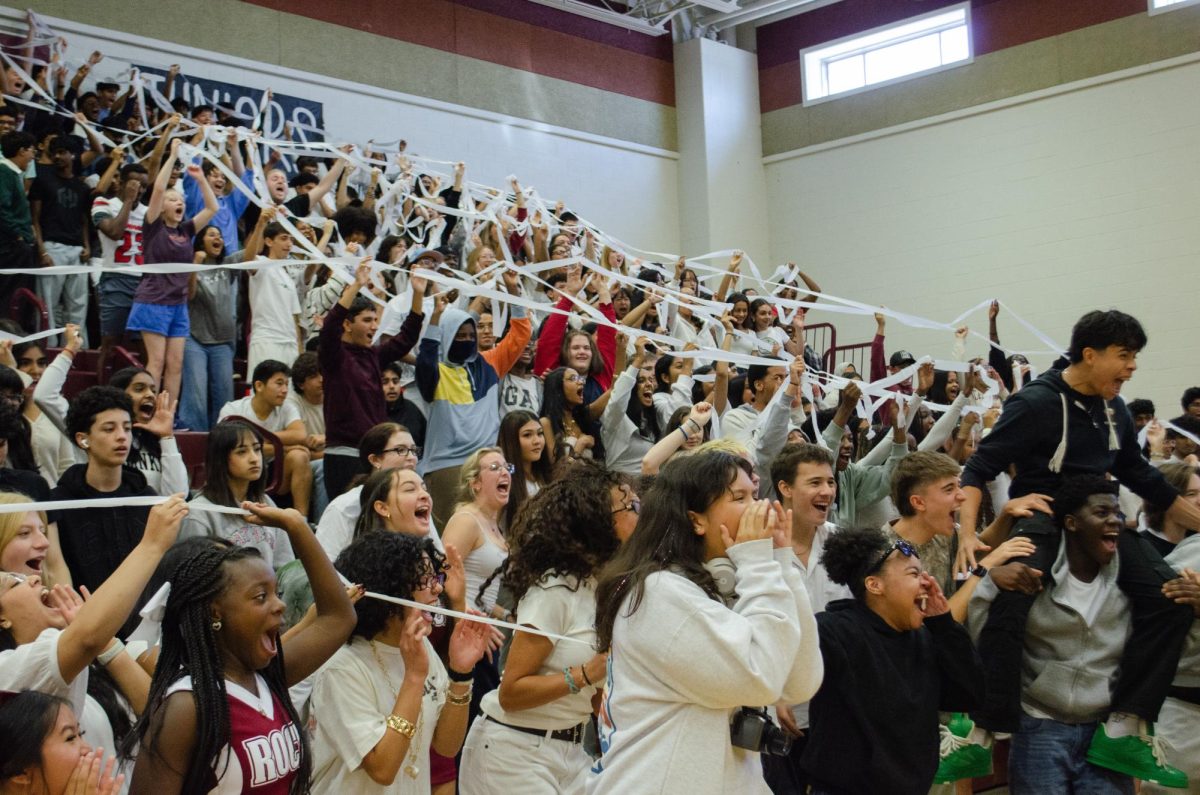










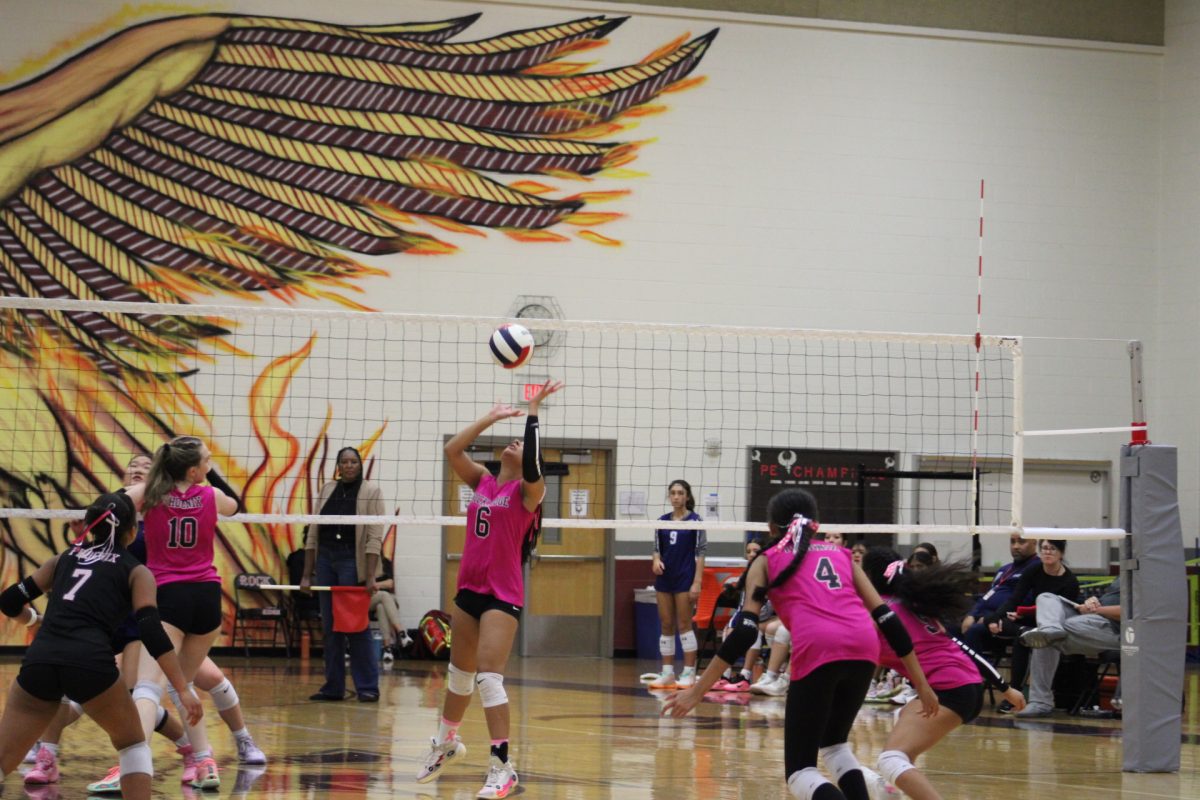



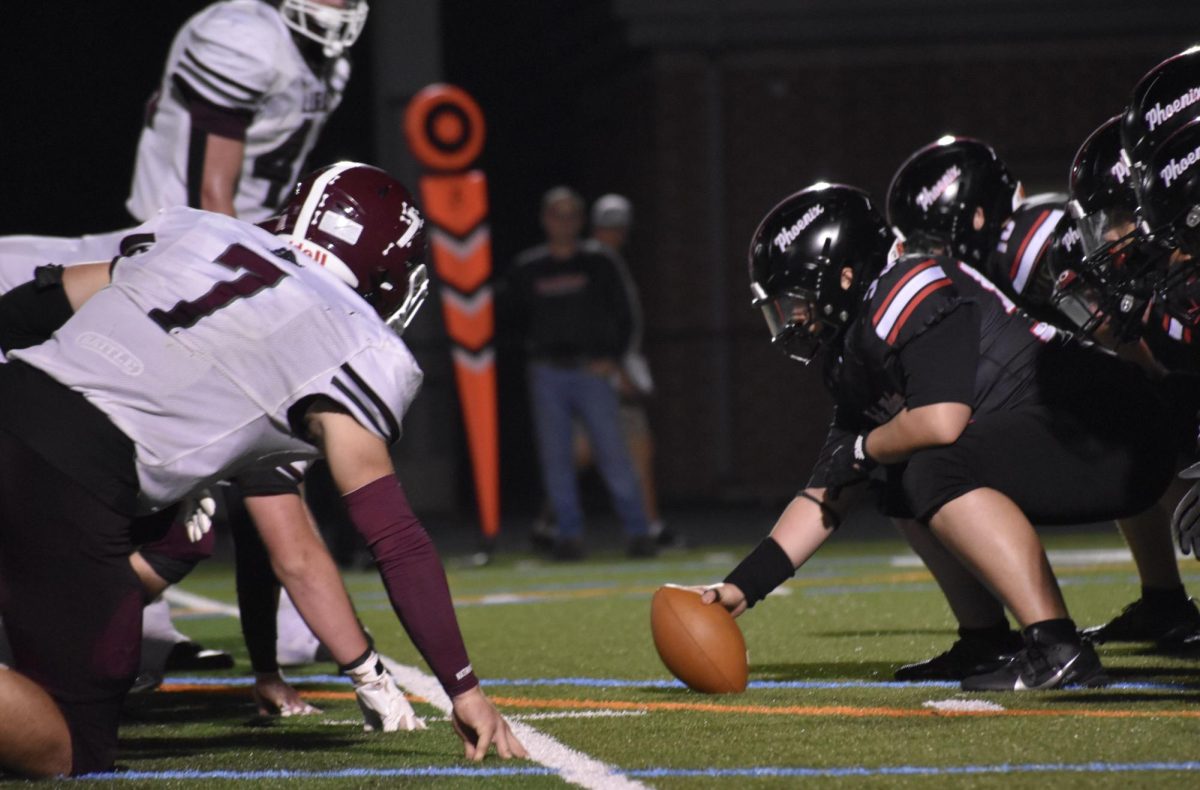





![The Phoenix varsity volleyball team lines up for the national anthem. “We were more communicative [with each other] during this game, and I feel like we kept our energy up, especially after the first set,” senior Jessica Valdov said.](https://theblazerrhs.com/wp-content/uploads/2024/10/DSC_0202-1200x800.jpg)










![Junior Alex Alkhal pitches the ball. “[I] just let it go and keep practicing so we can focus on our goal for the next game to get better as a team,” Alkhal said.](https://theblazerrhs.com/wp-content/uploads/2025/05/DSC_0013-1-1200x929.jpg)






















